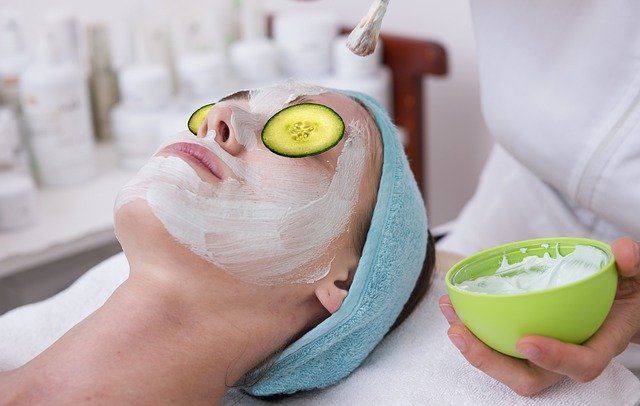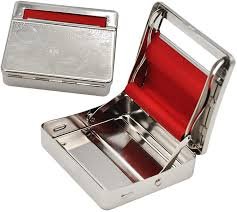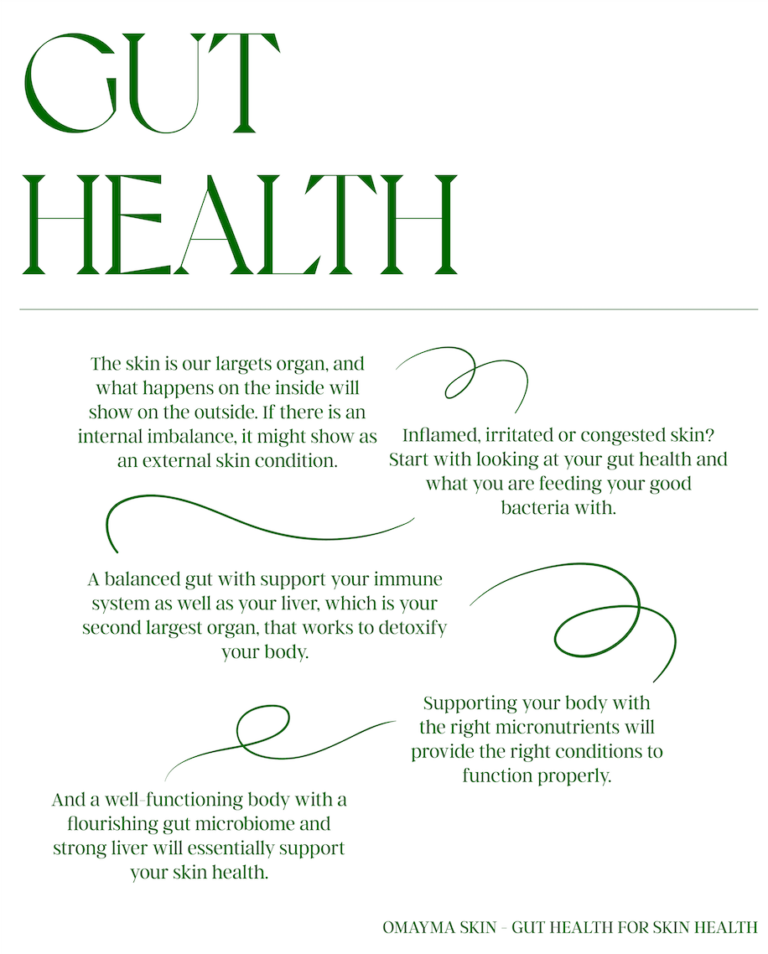Title: Hydration Boosters for Skin: A Complete Guide to Glowing Hydration
Hydrated skin is the cornerstone of a glowing and youthful complexion. Whether your skin is dry, oily, or a combination, hydration is essential to maintain elasticity, reduce the appearance of fine lines, and promote overall skin health. In this guide, we’ll dive deep into hydration boosters for the skin, their benefits, and how to make the most of them.
Thank you for reading this post, don't forget to subscribe!What Are Hydration Boosters?
Hydration boosters are specialized skincare products or ingredients designed to enhance the skin’s moisture levels. They work by:
- Attracting Moisture: Drawing water into the skin using humectants like hyaluronic acid.
- Sealing Moisture: Locking hydration into the skin’s barrier with occlusives like ceramides.
- Repairing Barrier Function: Strengthening the skin’s natural ability to retain water.
These boosters are often found in serums, ampoules, masks, or lightweight gels, making them versatile additions to your skincare routine.
Benefits of Hydration Boosters
- Plump and Supple Skin: Proper hydration smoothens the skin’s surface and improves elasticity.
- Enhanced Absorption: Hydrated skin better absorbs other active ingredients in your routine.
- Reduction in Fine Lines: Dehydrated skin tends to accentuate wrinkles; hydration minimizes their appearance.
- Balanced Sebum Production: Even oily skin can benefit from hydration to prevent overproduction of sebum.
- Improved Skin Barrier: A strong barrier prevents irritants and allergens from penetrating the skin.
Key Ingredients in Hydration Boosters
- Hyaluronic Acid: A powerhouse humectant that holds up to 1,000 times its weight in water.
- Glycerin: A classic humectant that draws moisture from the environment into the skin.
- Ceramides: Lipids that strengthen the skin barrier and lock in hydration.
- Panthenol (Pro-vitamin B5): Soothes and hydrates the skin.
- Aloe Vera: A natural hydrator with soothing properties.
- Niacinamide: Improves barrier function and enhances hydration levels.
How to Incorporate Hydration Boosters into Your Routine
- Cleanse: Start with a gentle, hydrating cleanser to avoid stripping your skin.
- Apply Booster: Use a hydration booster on damp skin to maximize absorption. Focus on serums with hyaluronic acid or glycerin.
- Layer Moisturizer: Follow with a moisturizer to seal in hydration.
- Sunscreen: Protect your skin barrier with SPF during the day.
- Hydration Masks: Use hydrating sheet masks or overnight masks 1-2 times a week for an extra boost.
Best Practices for Using Hydration Boosters
- Layer Wisely: Apply lightest to heaviest textures. Hydration boosters are usually applied after toners and before moisturizers.
- Patch Test: Introduce new products gradually to avoid reactions.
- Stay Consistent: Use hydration boosters daily for the best results.
Frequently Asked Questions
1. Can oily skin benefit from hydration boosters? Yes! Hydration boosters balance oil production and prevent dehydration, which can lead to excessive sebum production.
2. Are hydration boosters suitable for sensitive skin? Most are, especially those with soothing ingredients like aloe vera and panthenol. Always patch test first.
3. How often should I use a hydration booster? They can be used daily, both morning and night, depending on your skin’s needs.
4. Do hydration boosters replace moisturizers? No, they complement moisturizers. Boosters add hydration, while moisturizers seal it in.
5. What’s the difference between hydration and moisturization? Hydration adds water to the skin, while moisturization helps trap that water to prevent evaporation.
By understanding the importance of hydration boosters and incorporating them into your routine, you can achieve a healthy, radiant complexion. Say goodbye to dullness and hello to plump, glowing skin!





